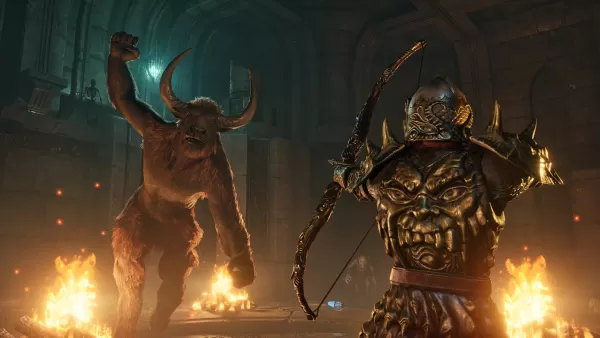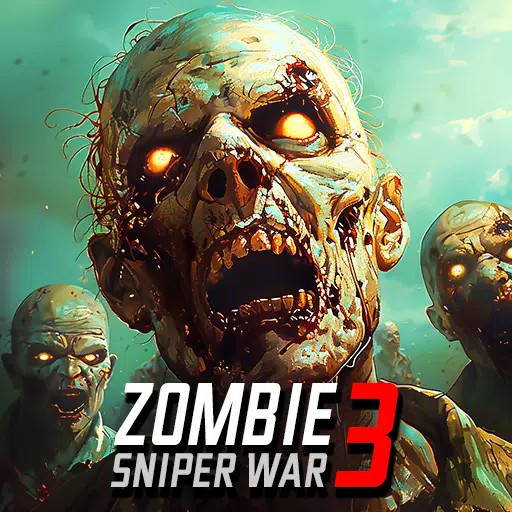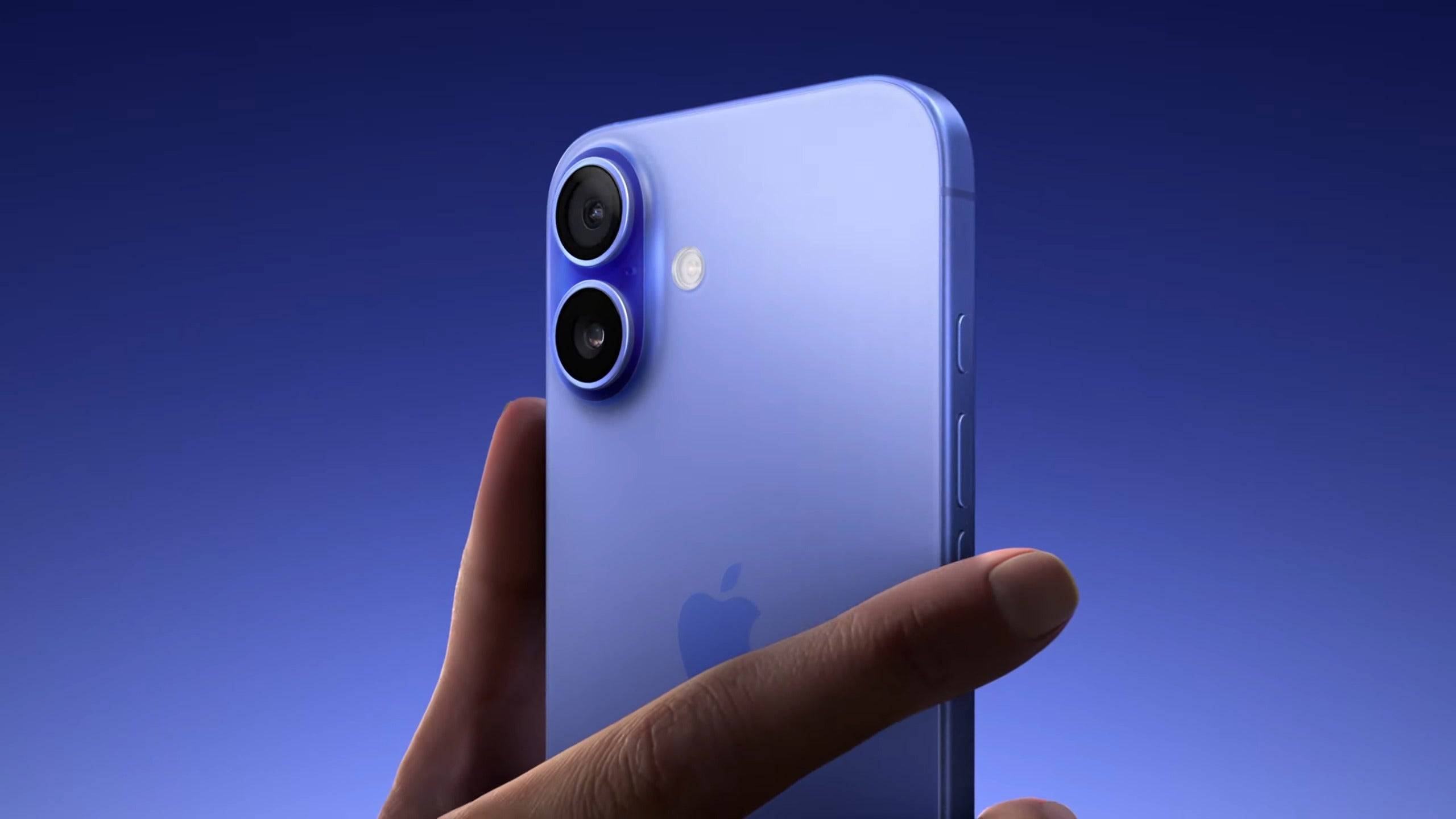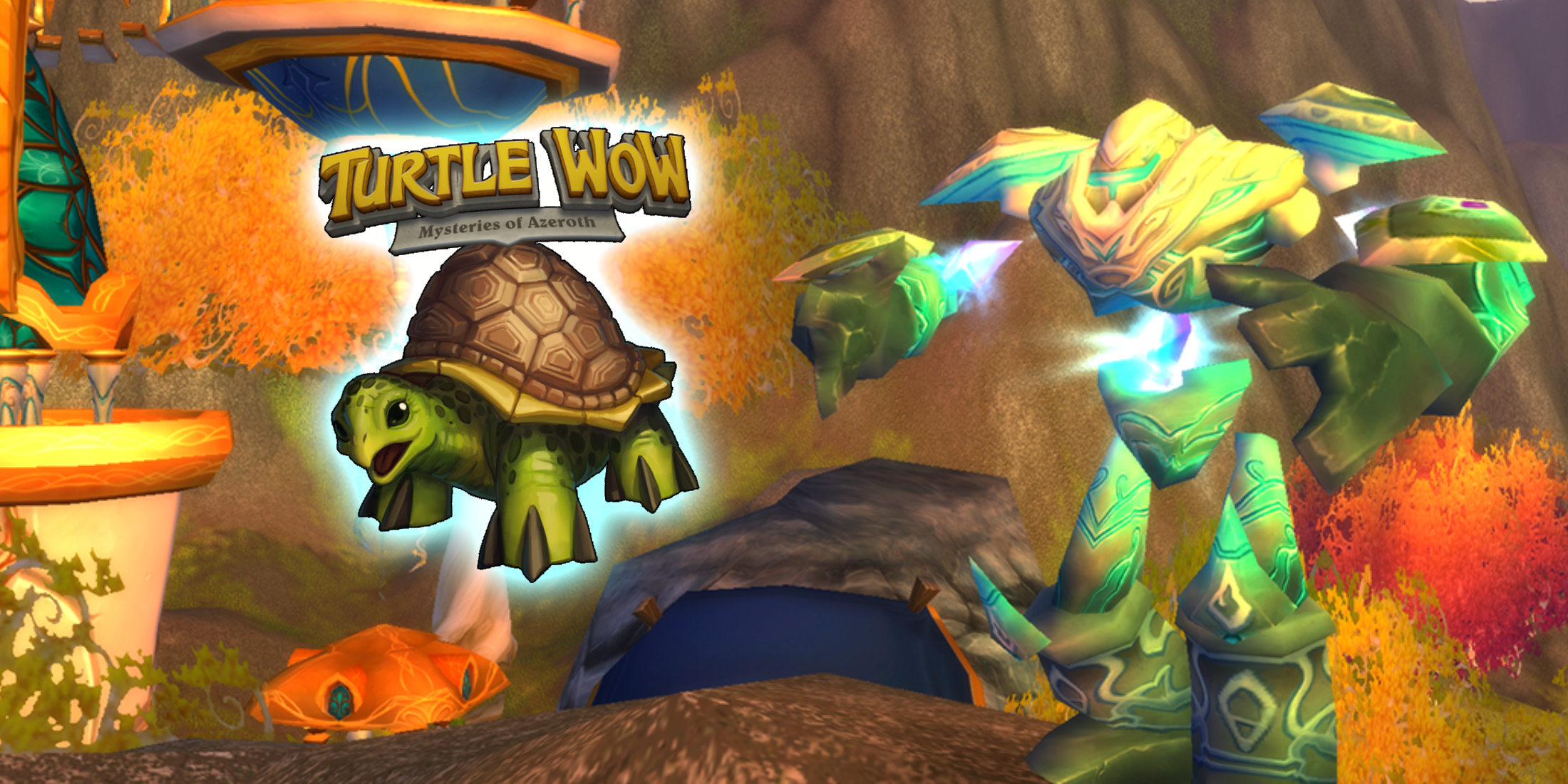"New Oblivion: Remake Appearance, Remaster Gameplay"
When Bethesda unveiled Oblivion Remastered earlier this week, I was astounded. The 2006 journey to Tamriel, infamous for its quirky, potato-faced characters and blurry, low-resolution landscapes, has now transformed into the most visually stunning Elder Scrolls game to date. Having experienced numerous HD remasters, like the Mass Effect Legendary Edition and Dark Souls Remastered, which barely diverged from their Xbox 360 origins, I was skeptical. Yet, seeing the Imperial City, a place I explored nearly two decades ago, now rendered in Unreal Engine 5 with ray tracing, was beyond belief. Moreover, the game boasts enhancements in combat, RPG systems, and countless other details. It made me question whether Bethesda and Virtuos had misnamed the project. Shouldn't this be Oblivion Remake rather than a remaster?
It seems I wasn't the only one pondering this. Many fans, and even Bruce Nesmith, the senior game designer of the original Oblivion, felt the term "remaster" might not suffice. Despite my initial doubts, after spending several hours with the game, it became evident – Oblivion Remastered may appear as a remake, but it fundamentally plays like a remaster.
Virtuos has gone to great lengths to ensure Oblivion looks like a remake. They've redesigned every single asset from scratch, meaning everything from trees to swords to crumbling castles is brand new. This overhaul aligns the game with modern graphical standards, featuring stunning textures, lighting, and a new physics system that makes every arrow and weapon impact feel realistic. Every NPC model is a fresh creation, yet they retain the essence of the characters from 2006. This isn't about recreating what we remember; it's about achieving what's exceptional by 2025 standards. If I had seen this before the remaster rumors started, I might have mistaken it for The Elder Scrolls 6.
Beyond visuals, the gameplay has seen significant updates. Combat feels more impactful, with the longsword no longer resembling a balloon. The third-person camera now includes a functional reticule, and all menus, from the quest journal to dialogue and minigames, have been revamped. The original levelling system has been replaced with a more intuitive hybrid of Oblivion and Skyrim approaches, and players can now sprint. With such extensive visual and gameplay enhancements, one might argue we're in remake territory.
However, the terminology around remasters and remakes remains murky. There are no strict industry standards, and terms are often used loosely. For instance, Rockstar's "Definitive Edition" of the Grand Theft Auto trilogy retains its blocky PS2 roots with only upscaled textures and modern lighting, while the Crash Bandicoot N. Sane Trilogy, labeled a remaster, features entirely new graphical assets that give it a contemporary feel. Remakes like Shadow of the Colossus and Demon's Souls by Bluepoint are built from the ground up but remain faithful to the original, whereas Resident Evil 2 redesigns gameplay while maintaining the structure. Final Fantasy 7 Remake and Rebirth go further, overhauling design, script, and even story elements. This diversity suggests that perhaps we need clearer definitions. Traditionally, remakes were games rebuilt from scratch in modern engines, while remasters were limited upgrades within the original technology. Today, a remaster might be better defined as a graphical overhaul that preserves the original game's design with minor gameplay enhancements, while a remake fundamentally redesigns the game. Under such definitions, games like Demon's Souls and Metal Gear Solid: Delta might be considered remasters, reserving the term "remake" for games that truly offer new takes on old ideas.
 New lighting, fur, and metallic effects are just the tip of the iceberg of Oblivion Remastered's changes. Image credit: Bethesda / Virtuos
New lighting, fur, and metallic effects are just the tip of the iceberg of Oblivion Remastered's changes. Image credit: Bethesda / Virtuos
So, is this new version of Oblivion a remake or a remaster? After playing it, it's clear that Oblivion Remastered is aptly named. The new assets and Unreal Engine 5 ray tracing make it look brand new, but at its core, it retains the structure and feel of the original game. As Bethesda stated, “We looked at every part and carefully upgraded it. But most of all, we never wanted to change the core. It’s still a game from a previous era and should feel like one.”
The essence of that previous era is palpable. It's evident in the loading screens that appear behind every door, the perplexing persuasion minigame that remains nonsensical despite its interface update, the simplistic city designs reminiscent of stage sets, the awkwardly wandering NPCs, the still-detached combat, and the preserved bugs and glitches that add to the original's quirky charm.
Just months ago, Obsidian's Avowed showcased a vision of the future for The Elder Scrolls series, with its advanced combat and exploration systems making Oblivion Remastered feel dated. Yet, this remastered classic still shines brightly in 2025. The magic of its world, its open fields teeming with mysteries, and its ambitious features like dynamic goblin wars and engaging quest structures, remain compelling. While some of its mechanics and level designs feel outdated, the game's old-school approach to player freedom feels refreshing in today's hand-holding gaming landscape. However, its dialogue and interconnected systems lack finesse, and the level design feels ancient. A remake would have updated these aspects, but Oblivion Remastered is about reliving the past, not reimagining it.
Video games often borrow terminology from other media. In film, remakes are entirely new productions, while remasters are existing films enhanced to meet modern visual standards. Despite their stunning 4K restorations, classics like Jaws and The Godfather are unmistakably products of the 1970s. Similarly, Oblivion is like a high-definition restoration of a classic film. It pushes visual quality to the limit, recreating its "exterior" in a new engine, but at its core, it remains a product of the 2000s. As Alex Murphy, executive producer at Virtuos, aptly put it during the reveal stream, "We think of the Oblivion game engine as the brain and Unreal 5 as the body. The brain drives all the world logic and gameplay and the body brings to life the experience that players have loved for almost 20 years."
Oblivion Remastered lives up to its name and should not be underestimated. Rather than labeling it a remake, we should use it as the benchmark for remasters from other AAA studios. This is the standard that Mass Effect Legendary Edition should have aimed for, and what Grand Theft Auto: The Trilogy should have achieved. Oblivion Remastered is a testament to passion and dedication, looking like a remake but playing like a lovingly preserved remaster, and that's precisely how it should be.
-
Nintendo has dropped a mysterious animated short without any context, sparking fan theories about whether it teases the upcoming Super Mario Galaxy movie or hints at a new Pikmin game.Titled "Close to You," the nearly four-minute, dialogue-free animaAuthor : Sarah Feb 22,2026
-
Build A Rocket Boy has initiated redundancy procedures following the troubled release of MindsEye, potentially impacting more than 100 employees, according to studio sources speaking with IGN.An anonymous insider revealed that while the exact numberAuthor : Sarah Feb 21,2026
- HoYo Fest 2025: Fresh Updates on Comeback
- Roblox Simulator Codes: Unlock Exclusive Rewards!
- Mastering Two-Handed Weapons in Elden Ring: A Guide
- Ultimate Guide to Shinigami Progression in Hollow Era
- Wuthering Waves: Uncover the Secrets of Whisperwind Haven's Palette
- Top 25 Palworld Mods to Enhance Your Game





















